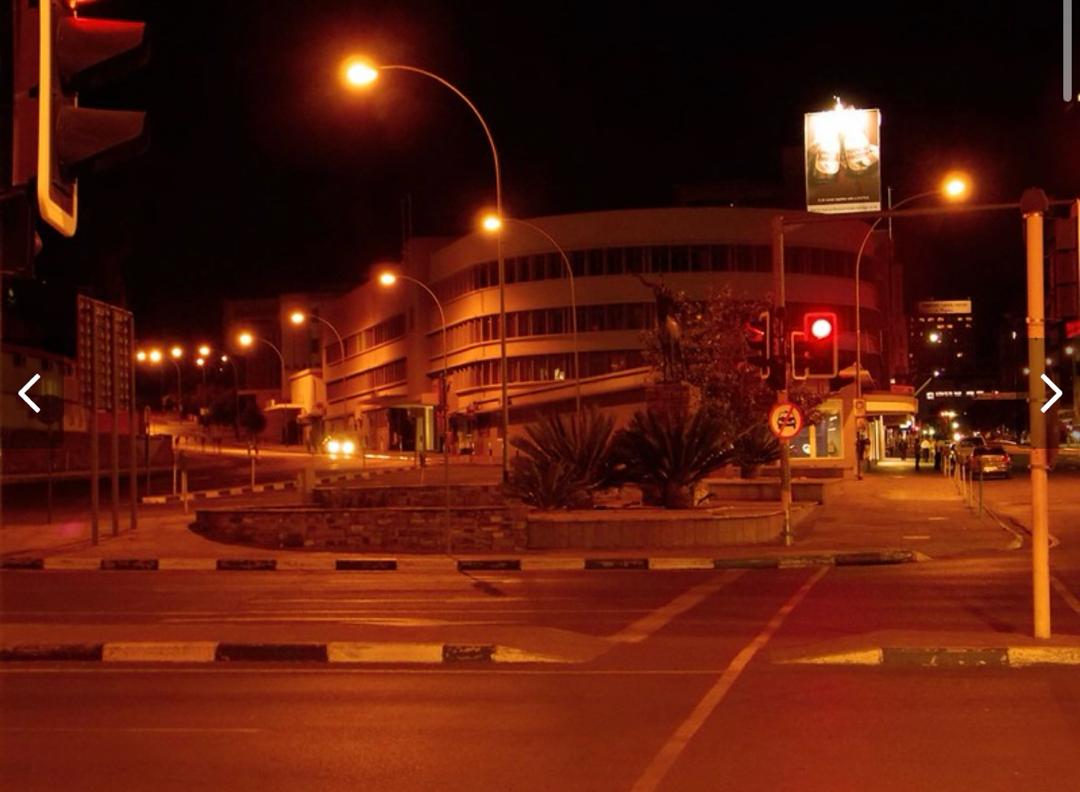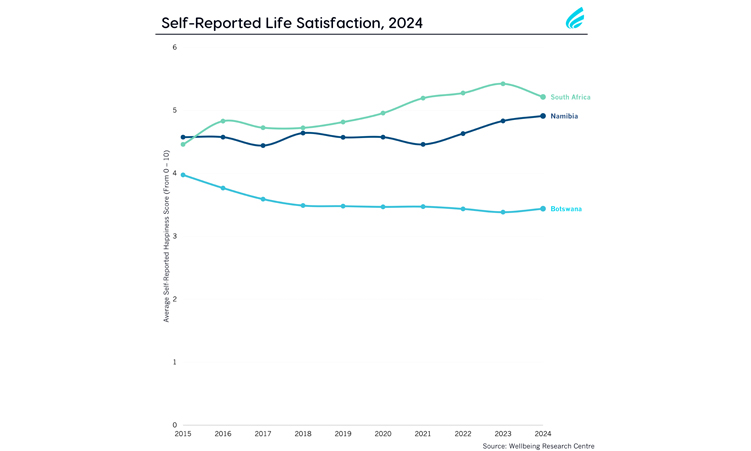CAPE TOWN – The South African labour movement will propose that the Unemployment Insurance Fund (UIF) be made more adaptable so that retrenched workers are given benefits for at least a year.
This proposal will be put to a crisis task team set up by President Kgalema Motlanthe to explore ways to reduce the impact of the economic earthquake on South Africans.
Derrick Elbrecht, the treasurer of the National Union of Mineworkers, confirmed that the UIF matter had been discussed at the Nedlac forum, where labour negotiates with business and the government. Nedlac labour convener Ebrahim Patel was not available to comment.
T-Sec economist Mike Schussler, who has advised unions affiliated to the Federation of Unions of SA, said retrenched workers now received nine months’ pay at 45 per cent of their average salary.
He suggested that the figure should be about 66 percent of the final two months’ salary for a year.
This would give the economy time to recover.
After a nine-month lag, positive results were likely to follow. This would help ease retrenched workers into the workplace again.
Herbert Mkhize, Nedlac’s chief executive, said the names of the crisis task team – to be drawn from business, labour and the government – had not yet been put together. Alan Hirsch, an economic adviser in the presidency, confirmed that the task team meetings would start ‘over the next month or so’.
He said the president had asked for the team to report back in February.
He could not confirm that the UIF issue would be on the table. ‘There is nothing on the table at this point.’
Schussler said the government needed to beef up the efficiency of the UIF, which tended to take weeks to pay out retrenched workers.
A retrenched worker normally got a month’s notice, plus payment for one week for every year that he or she had worked. After that the UIF payments needed to kick in rapidly. Schussler suggested that the state consider making payments apply for 18 months.
About 10 000 retrenchments were announced last week.-Business Report
Stay informed with The Namibian – your source for credible journalism. Get in-depth reporting and opinions for
only N$85 a month. Invest in journalism, invest in democracy –
Subscribe Now!










